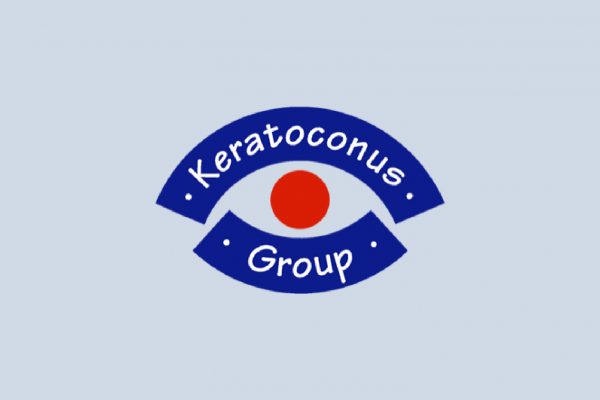Keratoconus Group

by David Gable
To be diagnosed with Keratoconus (KC) is a bewildering experience. You have never heard the word before, you don’t understand why the optician can’t get your glasses right and you don’t know anyone else with the condition. At least we have Dr Google to consult, so there is now plenty of information online, but it is difficult to take in.
Thirty years ago, when the Keratoconus Self-Help and Support Association was formed things were very different. In those days before the internet, information was hard to find and contact lenses were rigid and often uncomfortable. The disease strikes in the late teens and early twenties just as you are starting to make your way in life and you want to know: Am I going blind? Will I be able to continue my education and pursue a career?
The thing about Keratoconus is the inconsistency, the direction of the light makes a vast difference so does the impurities in the air. The condition is associated with many allergies but the link is still not understood, neither are the causes of keratoconus. Historically, the progression of the disease meant that in 20% of cases a corneal transplant was required. Transplants are required when contact lenses can no longer be fitted to be comfortable, to provide good vision with a long enough wearing time. Although, after a transplant contact lenses or glasses may still be required. Being able to wear a contact lens makes such a difference that with them you can go from driving a car but without them not being able to cross the road safely.
All this is difficult to manage, you may wait months to see a hospital optometrist but their objective is to get the best fitting contact lens, they do not have the time or the knowledge to deal with the myriad of problems that come with Keratoconus. This is where our charity steps in; we provide a helpline, information for those with the condition, and for employers, schools and colleges, plus meetings and conferences. In this way, we try to provide the support missing from the healthcare system.
The position has improved but in some ways become more complicated with the arrival of a new treatment called ‘collagen cross-linking’. If done early, this stops the progression of the disease and with luck glasses or soft contact lenses will be all that is required. However, as with any surgical procedure, there are risks and you do not want to operate if the progression is very slight. Our charity recently supported a very important study focussed on children between the ages of 10 to 16 and the lead coordinator Prof. Frank Larkin gave a very insightful talk on the results to our members. The talk is well worth watching for anyone interested in the subject and can be viewed here:
The talk underlines the importance of referring youngsters to a hospital eye clinic where their KC can be monitored and cross-linking provided to those who will benefit.
You would think that with all the information on the web, and YouTube clips of innovative surgical techniques, our charity could wind down as our job is done. However, this is not the case, the choices are even more bewildering and the number of anxious parents contacting us for advice has not diminished. There are also all the people for whom cross-linking came too late, who are dependent on contact lenses, and who really appreciate being able to talk to other people with KC who understand what the problems are. Healthcare professionals are appreciating the value of patient groups, not only for providing help to individuals but in supporting research projects and directing priorities.
If you are interested in our work we would love to hear from you.
Email: info@kcgroup.org.uk
Telephone: +44 (0) 20 8993 4759
Website: www.keratoconus-group.org.uk
